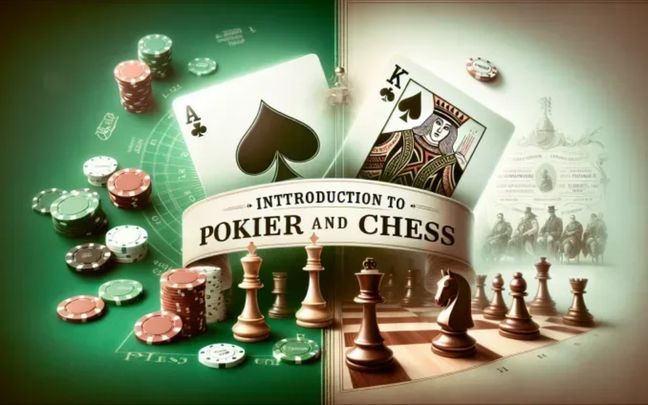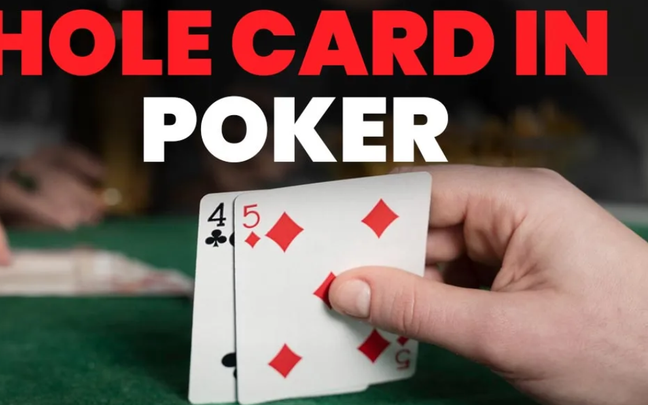Stud Poker is an intriguing variation of Poker, where each player receives individual cards instead of community cards like in Texas Hold'em. With a unique card distribution involving both face-up and face-down cards, Stud Poker introduces new challenges that require keen observation and sophisticated strategy.
This game combines elements of luck and skill, allowing you to showcase your sharpness with every decision. This article will guide you through the gameplay and the essential strategies needed to succeed in Stud Poker.

What is Stud Poker?
Stud Poker is one of the most popular variations of Poker, known for its unique card dealing method and gameplay rules. Unlike other Poker variants like Texas Hold'em or Omaha, Stud Poker does not use community cards; instead, each player is dealt their own individual hand.
Here’s how Stud Poker is played:
Dealing Cards: Each player receives a certain number of cards, typically between 5 and 7, depending on the type of Stud Poker being played. In traditional Stud Poker, players are dealt cards sequentially, with a mix of face-down and face-up cards.
Face-up and Face-down Cards: Each player will have a combination of face-up cards (visible to all players) and face-down cards (only visible to the player who holds them). This introduces a strategic element as you need to analyze your opponents' face-up cards to make smart decisions.
Betting Rounds: After the cards are dealt, betting rounds take place. Depending on the game, you’ll have opportunities to bet, raise, or fold. The betting rounds occur after each round of dealing, continuing until all players have placed their bets.
Drawing Cards: After each betting round, players receive additional cards, usually a face-up card. This continues until all cards have been dealt, or the betting has concluded.
Showdown: Finally, when all the cards have been dealt and the betting rounds are complete, players reveal their hands to determine the winner. The player with the strongest hand, according to Poker hand rankings, wins.
Variants of Stud Poker:
Seven Card Stud: This is the most popular version of Stud Poker. Each player is dealt 7 cards, with 3 face-down and 4 face-up. In Seven Card Stud, there are no community cards, and players rely entirely on their own hand.
Five Card Stud: In this variant, each player receives 5 cards, with 1 face-down and 4 face-up. Five Card Stud is simpler and often played in lower-stakes games.

Playing Strategy in Stud Poker
To succeed in Stud Poker, you need to develop several key skills and strategies, each contributing to your ability to win in this game.
Observing Opponents
One of the crucial skills in Stud Poker is observing your opponents. You should pay close attention to their face-up cards, analyzing the possibilities and strategies they might be using.
Remembering the cards that have already been played is also important, as it gives you a broader understanding of the remaining deck. Mastering this information will help you make accurate betting decisions and optimize your chances of winning.
Bankroll Management
As with any Poker game, managing your bankroll is vital for long-term success. You should set a specific budget for each session and establish a clear betting plan. This will not only help you avoid excessive losses but also allow you to participate in more hands without worrying about financial depletion.
Sticking to your betting plan and knowing when to stop is key to maintaining stability in the game.
Reading Opponents' Psychology
Stud Poker is not just about the cards; it’s also a psychological battle. You need to gauge your opponents’ moods and assess their reactions.
Knowing when to bet, fold, or bluff effectively can give you a significant advantage. Understanding other players' psychology helps you predict their moves and adjust your strategy accordingly.
Hand Selection
Evaluating hand strength is a core skill in Stud Poker. You need to know how to assess your hand’s potential and make the right decisions. If you have a strong hand, raise the stakes to maximize your profit and put pressure on your opponents. Conversely, if your hand is weak, consider folding to avoid further losses. Making smart decisions based on your hand strength will improve your winning percentage.
These strategies not only help you enhance your skills but also offer the opportunity to enjoy the game more effectively and engagingly.

Stud Poker is an exciting and challenging game that requires not only knowledge of the rules but also skills in observation, analysis, and psychological management. With its unique gameplay and diverse strategies, Stud Poker is sure to provide you with thrilling and intense experiences at the table.





























